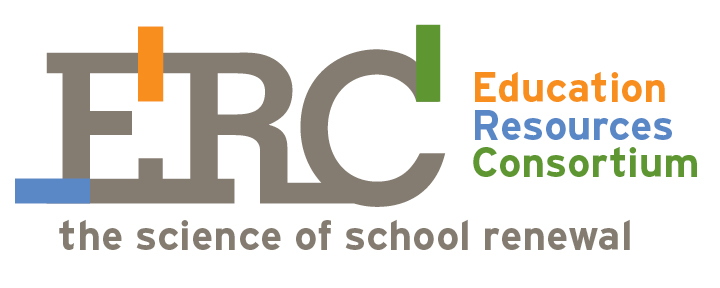I knew the time to move on had come when the children started calling me “the man who brings the tests.” Three years earlier I had been hired at a K-8 Boston public school as Director of Instruction. My objective was to help teachers develop project-based curriculum that would engage students, sustain their interest in learning, and help them master content and skills. It was the dominant and successful instructional approach at Mission Hill Pilot, my previous Boston school, based on the premise that children learn best through experience, discovery and experimentation. What’s more, I felt it was especially critical for the English language learners who comprised nearly 50% of my new school’s student population, those who needed hands-on experiences to build a bridge to strong language acquisition.
Its important historically that the concept of Pilot schools was co-developed over 15 years ago by the Boston Teachers Union and the Boston School Committee to cultivate and support inventive curriculum and student-centered learning environments. Each school had the freedom and flexibility to develop a program of study that would best meet the needs of their students. The overriding party agreement was “increased autonomy for increased accountability.” Whether it was art and drama or math and science, Pilots were models of urban education reform. In time, teachers and administrators would take the best practices of pilot schools—hands-on learning, multiple ways of assessment and democratic schooling—and partner with colleagues throughout the district to provide the proven, most intellectually engaging educational experiences for all children.
And so, armed with promising ideas and creative teaching strategies, I began my second administrative role, hoping to make a difference from the bottom up. Teachers—the individuals closest to the children—would share in decision-making and leadership. More involvement in developing curriculum would reinforce their own value and the child’s investment in learning. But as time went on it was clear that teachers had less opportunity for hands-on activities amid pressures to adhere to a schedule of drilling for high-stakes tests. Pacing guides crowded out experiential and student-centered styles of learning. Ultimately, the exploration of ideas could not compete with the necessity of preparing students for tests.
Although time proved that I would never test my ideas, test I did. Over 75% of my working day focused on data collection, analysis, and alignment of curriculum and budgets, all in the service of high-stakes single measure assessments and standardized testing. I had become “the man who brings the tests”. To effect change on any level, I felt I had to leave the school system. My own, personal education initiative, would have to be the antidote to the scripted instruction, memorization, and testing that has now become the unquestioned status quo. Intuitively, I knew how to engage youngsters to work with their hands, to excite them about learning, and address their learning needs by using their strengths and helping them follow their curiosity and interests.
With these ideals in mind, I launched Boston Explorers, an urban day camp for children ages 9-14. Boston Explorers is especially designed to give youngsters the unique experience of working with their hands while exploring the natural and physical environs of Boston. What began as an inspiration became an ultimate motivation for change. Boston Explorers is an outlet for children that promotes play and discovery, while encouraging children’s ideas and nourishing their imagination. The camp draws on a philosophy and approach to education that emphasizes the natural way children learn—through experience, observation and practical application. The goal is to inspire adventure and curiosity that will last a lifetime.
Boston Explorers engages children on a daily basis in experiential activities such as woodworking, cooking, art projects, urban agriculture and photography. They are on the move exploring their “campground”: city sites and thoroughfares, monuments, gardens, museums, “secret spaces” and waterways, with the skyline and harbor as a backdrop. Building on their interests and ideas, Boston Explorers offers children a complete hands-on experience that builds character and confidence.
In August of 2011, Boston Explorers held a weeklong pilot. In 2012 we will enroll 75 youngsters, adding a 2-week session that combines hands-on activities with longer explorations to sites such as Boston Harbor Islands, the MBTA subway command center and the Deer Island Waste Treatment plant. Campers will also have the option of choosing an intensive session in woodworking with shorter excursions.
Whatever their age, and wherever they come from --the metro area neighborhoods or the suburbs-- by the end of their Explorers week, youngsters will feel that Boston is their city. I knew I was true to my roots when on the last day of camp a kid announced, “Here comes Mr. Alphonse—with the tools!” -Alphonse Litz
For further information, check out bostonexplorers.org (operational in February 2012).
Alphonse Litz has been a public school educator and administrator in Concord and Boston, Massachusetts for over 20 years. His diverse teaching career integrates a range of expertise not only in the classroom but also in youth development, school coaching and administration, and school governance. He has promoted and developed programs based on the philosophy that “children learn best through experience.” As a Teacher Leader he was part of the group that led the nationally renowned, staff-governed Mission Hill K-8 Pilot School. He specializes in issues of race, culture, and identity, and promotes the Small Schools movement.
